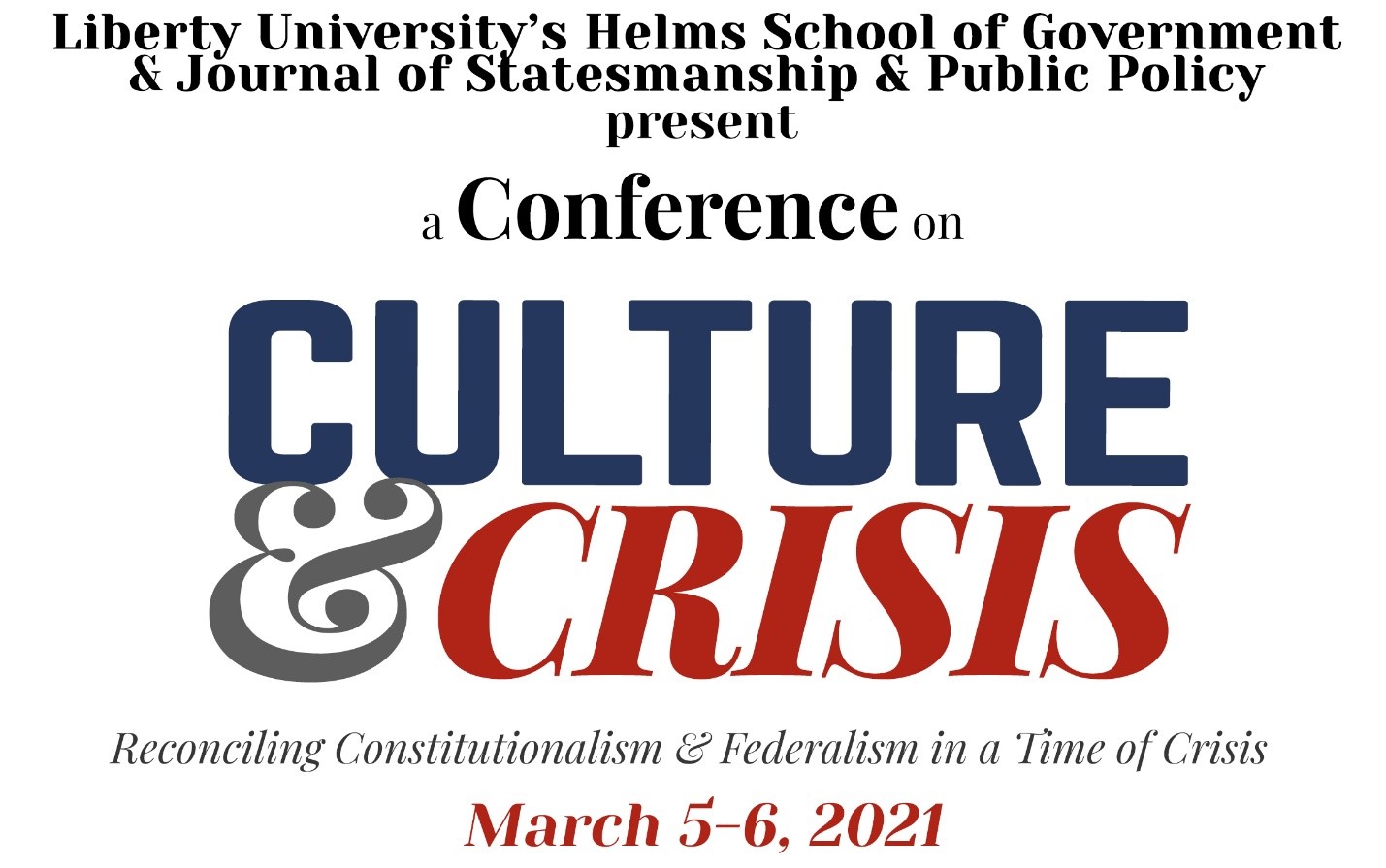Level of Education
Faculty
Keywords
Bible, social reform, cultural reform, government
Abstract
This paper seeks to provide Biblical perspective on social and cultural reform. At the time of this writing, much upheaval in the form of a pandemic, race riots, political protests have been manifest both within America and abroad. In turn, these disputes have carried over into disputes within various denominations of the Church itself. It can be difficult to ascertain a Biblical perspective on all of these issues. We had previously argued that a Biblical perspective on government requires an emphasis on limited government with a covenantal structure which embodies noncentralization, and federalism; after all, historically, the American system of government was influenced by Protestant Reformation emphasis on covenantal (or federal) theology.[1]
This includes not just sharing power within the federal government, or between the federal government and states. It also favors a grass-roots spread of power, where not only state and local governments have their own spheres of autonomy, but other spheres such as families, churches, non-profits, businesses and other voluntary associations are robustly involved in mediating and addressing societal evils.[2] Also included within this framework is an affirmation of the institutional separation of Church and State. These realms should always remain separate in order to ensure maximum liberty and freedom of conscience.[3] The State focuses primarily on protecting our inalienable rights, and the Church deals with other facets of personal and societal evils. Crimes are a violation of inalienable rights, which as the Declaration of Independence argues, is why government exists—to protect those rights. Inalienable rights are rights given to us by God which cannot be given away or take away.[4] It will be argued that this structural framework can be applied to areas of needed social reform. To do so, it will first be helpful to discuss some of the idols associated with reform and calls for change, both from the right and left ends of the political spectrum.
[1] Daniel J. Elazar, Covenant and Polity in Biblical Israel: Biblical Foundations and Jewish Expressions, (New Brunswick: Transaction Publishers, 1995), 22-23.
[2] Kahlib J. Fischer, “The Power of the Covenant Idea for Leadership, Reform, and Ethical Behavior”, The Journal of Values-Based Leadership, 10, no. 2 (2017): 3. https://scholar.valpo.edu/jvbl/vol10/iss2/13/.
[3] David Vandrunen, “The Two Kingdoms Doctrine and the Relationship of Church and State in the Early Reformed Tradition," Journal of Church and State 49, no. 4 (2007): 749. DOI:10.1093/jcs/49.4.743.
[4] Fischer, “Biblical Principles”, 4.
Biblical Principles of Reform and Regeneration
This paper seeks to provide Biblical perspective on social and cultural reform. At the time of this writing, much upheaval in the form of a pandemic, race riots, political protests have been manifest both within America and abroad. In turn, these disputes have carried over into disputes within various denominations of the Church itself. It can be difficult to ascertain a Biblical perspective on all of these issues. We had previously argued that a Biblical perspective on government requires an emphasis on limited government with a covenantal structure which embodies noncentralization, and federalism; after all, historically, the American system of government was influenced by Protestant Reformation emphasis on covenantal (or federal) theology.[1]
This includes not just sharing power within the federal government, or between the federal government and states. It also favors a grass-roots spread of power, where not only state and local governments have their own spheres of autonomy, but other spheres such as families, churches, non-profits, businesses and other voluntary associations are robustly involved in mediating and addressing societal evils.[2] Also included within this framework is an affirmation of the institutional separation of Church and State. These realms should always remain separate in order to ensure maximum liberty and freedom of conscience.[3] The State focuses primarily on protecting our inalienable rights, and the Church deals with other facets of personal and societal evils. Crimes are a violation of inalienable rights, which as the Declaration of Independence argues, is why government exists—to protect those rights. Inalienable rights are rights given to us by God which cannot be given away or take away.[4] It will be argued that this structural framework can be applied to areas of needed social reform. To do so, it will first be helpful to discuss some of the idols associated with reform and calls for change, both from the right and left ends of the political spectrum.
[1] Daniel J. Elazar, Covenant and Polity in Biblical Israel: Biblical Foundations and Jewish Expressions, (New Brunswick: Transaction Publishers, 1995), 22-23.
[2] Kahlib J. Fischer, “The Power of the Covenant Idea for Leadership, Reform, and Ethical Behavior”, The Journal of Values-Based Leadership, 10, no. 2 (2017): 3. https://scholar.valpo.edu/jvbl/vol10/iss2/13/.
[3] David Vandrunen, “The Two Kingdoms Doctrine and the Relationship of Church and State in the Early Reformed Tradition," Journal of Church and State 49, no. 4 (2007): 749. DOI:10.1093/jcs/49.4.743.
[4] Fischer, “Biblical Principles”, 4.



